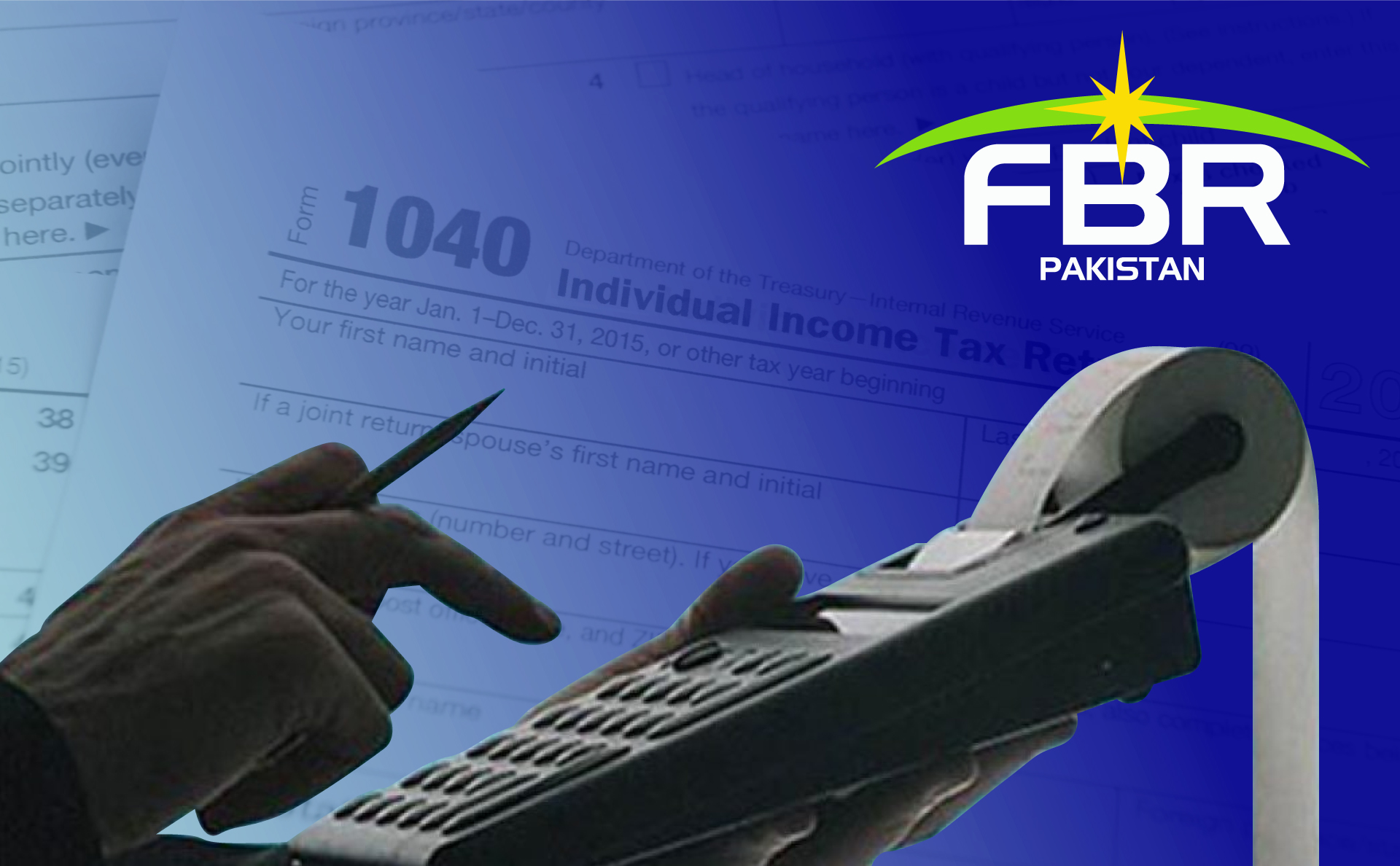Islamabad, Apr 6, 2025: The Federal Board of Revenue (FBR) has recorded an unprecedented tax collection of Rs. 242 billion from profit on debt during the first eight months of the fiscal year 2024-25.
This levy applies to the interest income earned by depositors through bank accounts, taxed at a 15% rate under the current financial plan.
Among all withholding tax segments, profit on debt remains the second-largest revenue contributor, following closely behind advance income tax.
So far, FBR has amassed Rs. 976 billion through advance income tax, solidifying its status as the top revenue source under the withholding tax umbrella.
According to insiders, the government is considering an upward revision of the existing 15% tax on profit from debt in the next federal budget.
In addition to this, revenue generated from returns on government-issued securities amounted to Rs. 29 billion.
Read More: Lucky Core Industries Limited: Leading Innovation in Industrial Growth
Depositors of National Saving Certificates (NSC) and Post Office savings schemes contributed Rs. 19 billion, while another Rs. 58 billion was secured from dividend-related taxation.
Income tax paid by Pakistan’s salaried workforce also witnessed a significant rise, with collections hitting Rs. 331 billion.
This surge is attributed to the 45% income tax rate implemented on salaried individuals as part of the 2024-25 fiscal measures.
Exporters, too, added to the national treasury. In the same eight-month period, Rs. 58 billion was collected through the 1% advance tax levied on export proceeds.
Moreover, Section 154(1) of the tax code brought in an additional Rs. 60 billion from 1% realization on exporters’ earnings.
FBR also tapped into the real estate sector, collecting Rs. 74 billion through taxes on the sale and transfer of immovable assets.
These figures reflect FBR’s aggressive revenue drive and strategic focus on high-yield areas like debt profits, salaried income, exports, and property.
The increasing tax collections hint at stronger compliance, efficient enforcement, and a broader base of taxable activities across sectors.









